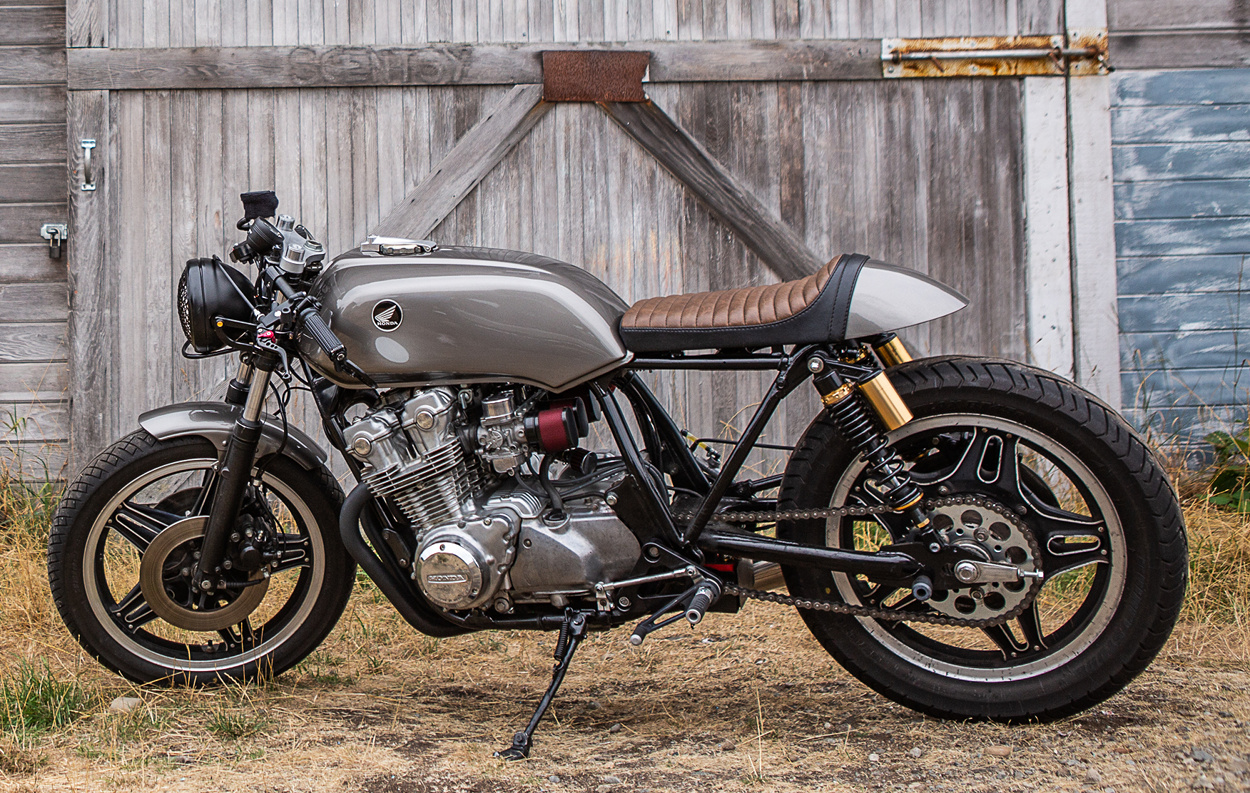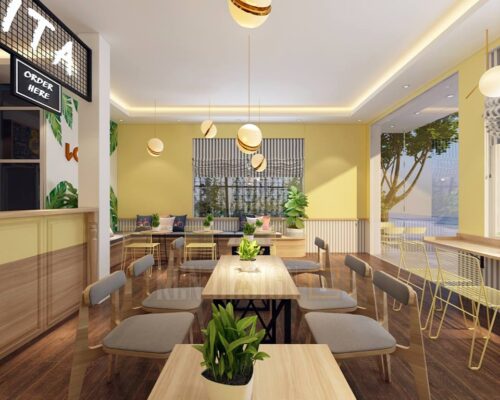yesterday a friend of mine who lives in new york connected me with the opening of a new maid cafe (website here) in downtown chinatown. While I have been to Japanese maid cafes on my previous trips, I have yet to visit a permanent one in the United States. which got me thinking, why? and yet he also knew the answer; Japanese-style maid cafes cannot be successful businesses in the United States. and here’s my long rant on why.

Reading: American maid cafe
so historically, in the united states, there have only been a handful of attempts to open permanent maid cafe establishments, all of which have thus far ended in failure. most of them close within half a year of opening, usually due to being unable to pay rent. the fundamental cause of this is usually the underestimation of the western cultural difference; Unlike the heart of Akihabara or Nipponbashi in Japan, the otaku culture in the United States is much more conservative and its population more frivolous.
See also: How to Build a Cafe Racer – 10 Key Ingredients
A Japanese maid cafe capitalizes on its services rather than its quality as a cafeteria. this applies both to the atmosphere and to the employees themselves. your selling power depends solely on your maids being able to convince customers to spend large amounts of money not only to enter the deal (i.e. the base entry fee) but also to pay for the extremely expensive food and drinks (i.e. say, the minimum order). these atmospheres also have to be attractive enough in the sense that such moods cannot exist anywhere else. In addition, there has to be a large influx of customers/regulars to cover the costs of maintaining the interior and the high salaries.
in japan, this is possible for several reasons. First, Japanese culture in general leans towards very conservative human interaction (this may seem like it contradicts my point above, but I’ll get to that). Furthermore, modesty is highly emphasized, so public sex appeal is very limited. however, when it comes to maid cafes, this is quite the opposite; teasing for high levels of intimacy and interaction, and overt sexual appeal (within the range of the cafe itself and its surroundings). essentially, the taboo nature of coffee highlights is its strongest selling point. someone who has very limited opportunity to interact with others in their daily routine would be the type who is desperate enough to spend that 9,000 yen ($90) just for the chance to spend 30 minutes talking to a cute girl. in an almost reverse psychology-like sense, while the Japanese tend to act very conservative in their day-to-day interactions, when it comes to hobbies and personal interests, they are much more extreme and open (and thus willing to exploit the wallet). that, combined with the dense population and specific location of the store (i.e. in high otaku traffic areas) allows the high operating costs to break even and generally be profitable.
In the United States, however, this is not the case. by comparison, North Americans tend to be much more open and literal when it comes to human interaction. likewise, the US media openly focuses on shamelessly highlighting sexual attractiveness. the “teasing” appeal of Japanese maid cafes is ineffective because, compared to Western standards, they’re not that “taboo” or unique (just look at restaurants like hooters). The idea of paying someone large amounts of money just to play with them or have your picture taken with them doesn’t work in the US. The other big cultural difference is consumer habits. I may be generalizing here, but while Americans are known as the “big spenders” compared to other countries, they do so on an average basis, rather than on a singular event basis. maid cafes are settlements where Japanese otakus are willing to save a week’s worth of income to spend in a day, on a regular basis. I can’t see it matching American spending habits (would you spend entire weeks eating nothing but bread so you could spend $200 on a single dinner at the end of the month?). Aside from the general spending culture here, I’ve anecdotally noticed that the average American otaku tends to be much more frivolous when it comes to anime-related spending. While the Japanese will happily dish out hundreds of dollars worth of anime dvds, pvc figures, and collectibles from their not even favorite anime series, at every anime convention I’ve been to, the hottest merchandise is little figures. commercials or stuffed animals, usually no more than $50. The degree of willingness to spend in the United States for otaku-related goods compared to Japan is drastically lower, and this similar sentiment carries over to services like maid cafes. Not to mention, we don’t exactly have high otaku concentration areas like Akihabara or Nipponbashi (interesting to note that, even in Japan, there are very few maid cafes outside of those two areas).
See also: Cat Cafes In Ontario Youll Want To Visit With Friends
Another general problem is lack of experience. Specialty coffees in the United States are much less common than in Japan (where mom-and-pop establishments are quite common). I’m not a business student, but it’s pretty obvious that opening up a coffee niche for a shaky market is a huge business risk and doomed to fail. and in almost all cases, it has. the closest success story to us maid cafe so far has been royal/t cafe in los angeles. Last time I checked (two years ago), it was the only one still in business (the other two that had opened before it had closed due to lack of business). According to Yelp, it closed last year, being the longest-running maid cafe in the United States (opened in 2007). and it wasn’t even a real maid cafe (it was a normal cafe with waitresses in maid outfits). it was also just a side business connected to a larger art gallery. those two reasons, however, are probably what kept him alive for so long; it had a parent store that could help cushion its operating costs, and it followed an operating model closer to the more familiar standard cafeteria model. By comparison, this new “maid cafe NY” looks like a startup running out of randomly rented store space in the middle of Chinatown, fueled by nothing more than the hopes and dreams of its employees. which makes for a great story, but not a success story. like animes like “working!” or “kaichou wa maid-sama” are great for entertainment, but terrible business models.
tl;dr: as much as I am an otaku and no matter how much I hope to see a maid cafe succeed here in the states, I don’t like wearing rose colored glasses. in other words, don’t flatter yourself.
that being said, moar pantsu pl0x!
~keripo
See also: Crown Heights Residents Say New Bar&39s Name Is Racist





